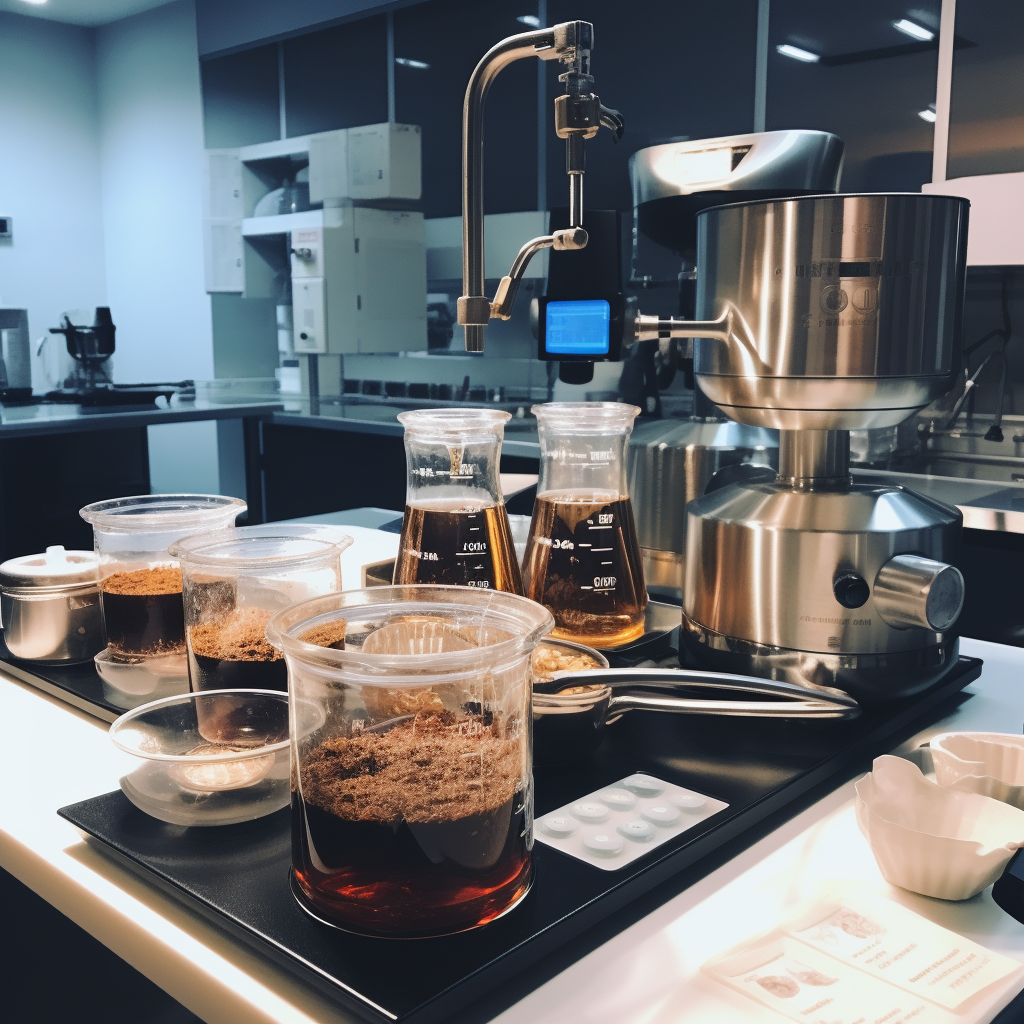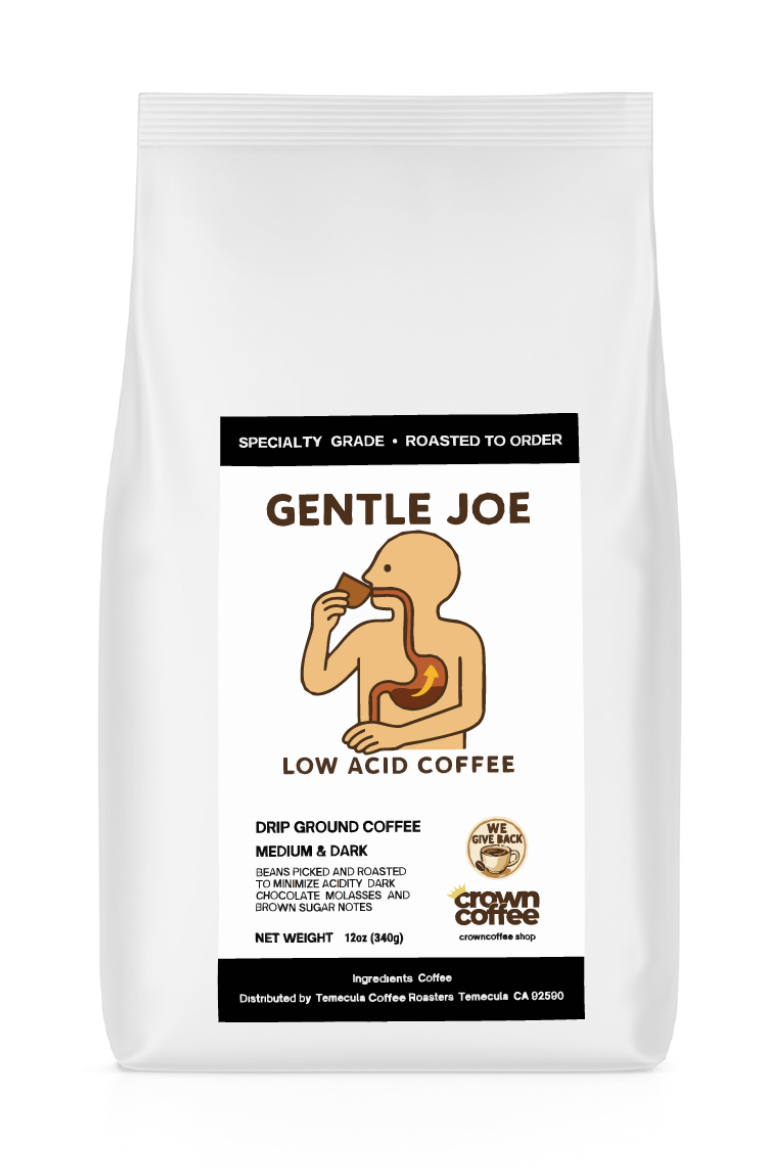
The Acidic Journey of Coffee
Share
The Acidic Journey of Coffee: From Freshly Roasted Beans to Ageing Affects
Coffee, the backbone of many morning routines and an ally for countless late-night studies, is as multifaceted as it is enjoyable. Beyond its robust flavor and energizing properties, coffee undergoes a fascinating transformation throughout its lifespan. One significant aspect of this transformation is the pH value, essentially the measure of acidity or alkalinity. A lower pH indicates higher acidity, and freshly roasted coffee beans have a surprisingly low pH value compared to aged ones[1].
Freshly roasted coffee is often known for its rich and smooth taste, which results from the low acidity levels. It's a widely recognized fact among coffee enthusiasts and researchers that the pH of coffee beans lowers immediately after roasting[2]. This process is influenced by the Maillard reaction, which occurs during roasting and leads to browning and flavor development. As a consequence of the heat exposure, coffee beans release their organic acids, leading to an initial lower pH value[3].
However, as coffee beans age, they become more acidic. This increase in acidity is due to a complex network of chemical reactions occurring over time. When coffee is exposed to air, it begins to oxidize, and this process releases more acids, thus increasing the pH value[4]. Apart from oxidation, moisture also contributes to increased acidity, allowing for the growth of certain microbes that produce acids as metabolic byproducts[5].
Now, the real question arises – does the acidity level of coffee affect our health? Particularly, does it contribute to conditions such as acid reflux?
While it seems logical to assume that the higher acidity in coffee might exacerbate conditions like acid reflux, recent research suggests that it's not the acidity of the beverage that triggers reflux symptoms. Rather, it's the caffeine content and other factors like drinking on an empty stomach or consuming large amounts[6].
Interestingly, one study published in the "Journal of Human Nutrition and Dietetics" found a lower probability of acid reflux from freshly roasted coffee[7]. This could be due to the lower pH level, which is less likely to irritate the lining of the esophagus and trigger reflux symptoms. Additionally, the volatile compounds that give coffee its flavor and aroma could also play a role in reducing reflux symptoms.
Nevertheless, it's important to remember that individual tolerance to coffee can vary greatly, and what works for one person might not work for another. Therefore, if you suffer from acid reflux or similar conditions, it would be best to consult with a healthcare provider before making any significant changes to your coffee consumption.
Coffee is indeed a fascinating brew, with layers of complexity extending from its roasting process to its health implications. Understanding these complexities helps us appreciate our cup of coffee even more.
Footnotes:
[1] https://www.ncbi.nlm.nih.gov/pmc/articles/PMC5745264/
[2] https://doi.org/10.1016/j.foodchem.2015.11.022
[3] https://doi.org/10.1007/s00217-006-0407-1
[4] https://www.sciencedirect.com/science/article/pii/S026087740800717X
[5] https://doi.org/10.1021/acs.jafc.5b07267
[6] https://www.gastrojournal.org/article/S0016-5085(16)35531-1/abstract
[7] https://doi.org/10.1111/jhn.12379
The information provided on this website is meant for educational purposes only and is not intended to provide personal medical advice. It is crucial to consult your physician or a qualified healthcare professional for any concerns or questions you may have regarding a medical condition. It is important to never ignore or delay seeking professional medical advice based on information obtained from this website.

